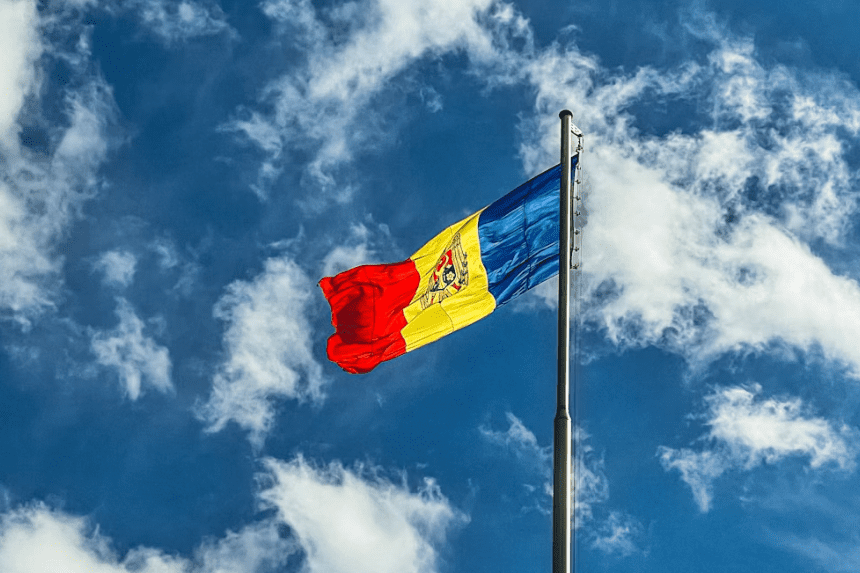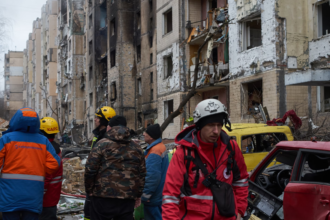A secret group tied to Moscow is carrying forward a Russian impact operation by its September 28 parliamentary vote in Moldova. Operators were recruited to share the campaign to reduce the Pro and EU governments. His works were fake voting, social media posts, and misleading videos. The campaign aimed to wear faith in democratic institutions and transfer public opinion.
Officials highlighted the connections between elite classes and NGOs under sanctions. Platforms such as Telegram, TikTok, and Facebook played central roles. Experts have warned that this operation can distort the fairness of Moldova’s election.
What Tactics Are Used by the Network?
The network uses multiple social media platforms to spread narratives. Messages claim Moldova’s EU alignment threatens its sovereignty. Others spread allegations against President Maia Sandu. Operatives were trained to produce content that looked local and organic—less AI, more personal.
They were also paid to conduct surveys and secretly record supporters of the pro‑Russia opposition. These unofficial polls and recordings could be weaponized to cast doubt on the vote results.
These tactics fit the mold of a Russian influence operation, designed to blend propaganda with psychological manipulation. Here is the link to our article on Ballots and Backlash.
Who Are the Key Players Involved?
Ilan Shor, a sanctioned oligarch, features prominently in the funding circles connected to this scheme. NGOs linked to him, such as those working under names like Evrazia, appear involved. Recordings and leaked messages link them to organizing and paying operatives.
Some leaders operate from Transnistria, a pro‑Russia region in Moldova. Others coordinate via Telegram groups. Their profiles often claim to support historic or cultural ties with Russia.
How Extensive Is The Propaganda Reach?
Investigations revealed hundreds of social media accounts involved in spreading disinformation. On TikTok, Instagram, Facebook, and Telegram, these accounts published content that amassed millions of views.
For example, one campaign made dozens of false claims in a short span—naming corruption, planned election fraud, or environmental threats. These posts exploited logos of major media outlets to appear credible.
Such widespread activity shows that this is not a small fringe campaign—it’s a well‑orchestrated Russian influence operation with reach across platforms and demographic groups. Here is the link to our article on Election Battle Begins.
What Are the Consequences for Moldova’s Democracy?
If these false narratives take hold, they can erode citizens’ trust in elections. They may fuel polarization and sow doubt about any outcome. This threatens to undermine democratic institutions and the rule of law in Moldova.
In response, Moldova has taken steps to block certain pro‑Russia media outlets. Sanctions on individuals and organizations connected to Ilan Shor have increased. EU, UK, and U.S. bodies are watching closely.
However, experts say counter‑measures must scale up in pace and transparency. Otherwise, the impact of the Russian influence operation could outpace attempts to stop it.
Final Thoughts
The Russian influence operations discovered in Moldova underlined how modern propaganda works in hidden layers. It is not only about fake news – it is about shaping assumptions. Next to Moldova’s elections, this strategy poses a serious risk to democracy. Efforts to highlight, block, and keep false narratives promoted by people should intensify. Vigilance and media literacy are necessary if Moldova is to protect its electoral integrity.








